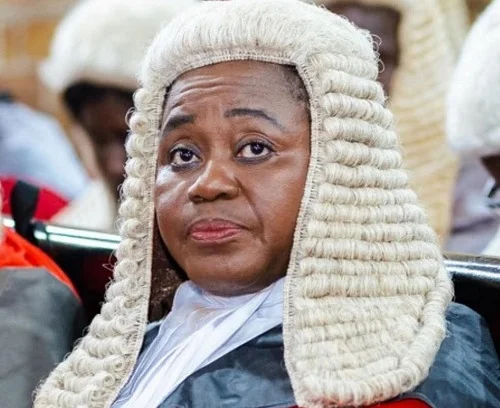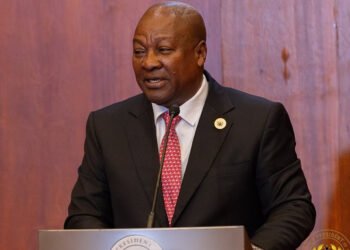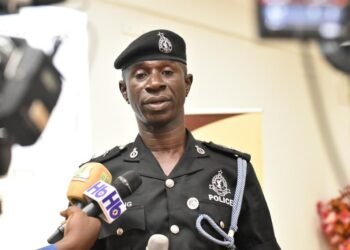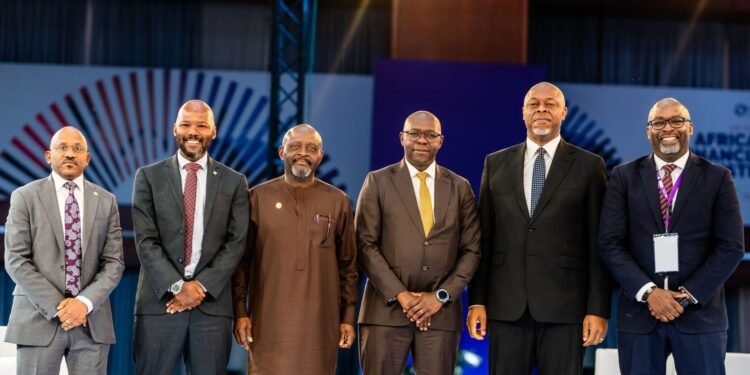The controversy surrounding the removal of former Chief Justice Gertrude Torkornoo has taken a new turn as debates intensify over whether she can continue serving as a Supreme Court Justice following her ouster.
Yendi Member of Parliament, Hon. Abdul-Fatawu Alhassan, has weighed in, arguing that based on Ghana’s constitutional framework, it would be extremely difficult for her to return to the bench after being removed on grounds of stated misbehavior.
According to Alhassan, the discussion hinges on the interpretation of constitutional provisions governing the qualifications of both Chief Justices and Justices of the Supreme Court.
He noted that under Ghana’s 1992 Constitution, the qualifications for holding either position are identical.
“And so if at any point in time, one of the qualifications is lacking, for which reason you can no longer be a Chief Justice, it means that you are no longer eligible to become a Justice of the Supreme Court. It may not be explicit, but because the two positions have the same level of qualifications.
“There’s no way in our Ghanaian system where a Justice of the Supreme Court can be said not to be qualified to be a Chief Justice. There’s no way. Because there’s no set different criteria for being a Chief Justice, other than just being a Justice of the Supreme Court.”
Hon. Abdul-Fatawu Alhassan
He emphasized that Article 128(1) and Article 128(4) outline the qualifications for appointment to the Supreme Court and for the position of Chief Justice.
Alhassan explained that the constitution does not set out different qualifications for the positions of Chief Justice and Justice of the Supreme Court.
As a result, anyone eligible to serve as a Justice of the Supreme Court is automatically qualified to hold the office of Chief Justice.
Alhassan further explained that the reverse is also true: if a Justice of the Supreme Court loses the qualifications required for their role, they cannot remain eligible to be Chief Justice either.
This, he said, has far-reaching implications for the current debate.
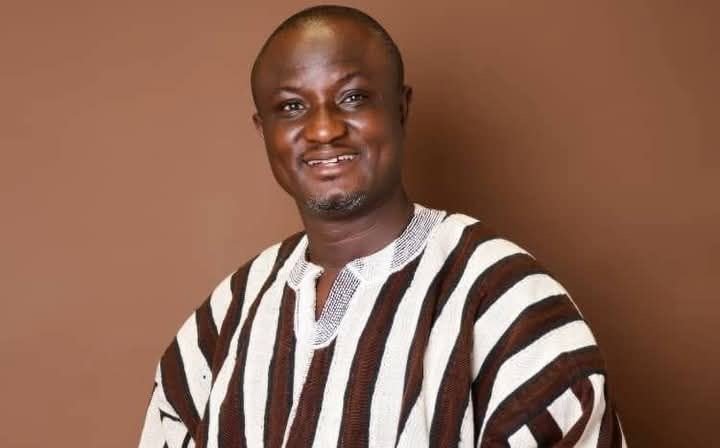
The Yendi MP pointed out that former Chief Justice Torkornoo was removed based on allegations of stated misbehavior, a constitutionally recognized ground for removal not only of a Chief Justice but also of any Supreme Court Justice under Article 146.
Referencing past legal precedent, Alhassan cited a 1996 case, Ghana Bar Association v. Attorney General, in which Justice Kpegah ruled explicitly that once a Chief Justice is removed, they cannot return to serve merely as a Justice of the Supreme Court.
He argued that this precedent supports the view that Torkornoo’s removal disqualifies her from continuing to serve in any judicial capacity within the Supreme Court. “It would be very difficult to create a dichotomy between the two roles.”
Former Chief Justice’s Removal Followed Due Process
Addressing concerns that Torkornoo’s removal may have been politically motivated or premeditated, Hon. Abdul-Fatawu Alhassan rejected such claims, explaining that the constitutional process was followed.
“The petition came to remove her as a Chief Justice, and the grounds for her removal were clearly stated.”
Hon. Abdul-Fatawu Alhassan
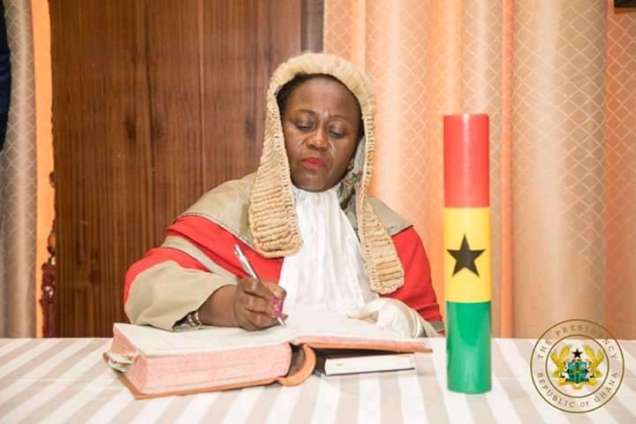
These grounds were then assessed through the constitutional procedures outlined in Article 146, which provide the framework for such high-level removals.
He clarified that the stated misbehavior found during the investigation was sufficient to warrant her removal.
Given that this same ground applies to both the role of Chief Justice and that of a Supreme Court Justice, Alhassan insisted that her dismissal has broader implications.
“Once that stated misbehavior has been proven, it cannot be ignored when considering her eligibility to remain on the bench.”
Hon. Abdul-Fatawu Alhassan
Alhassan acknowledged, however, that this issue may ultimately require constitutional interpretation by the Supreme Court to settle lingering uncertainties.
“She may even have to go for a constitutional interpretation on this matter,” he suggested. Such a review would determine whether her removal as Chief Justice under Article 146 automatically disqualifies her from continuing as a Justice of the Supreme Court.
Beyond the immediate legal battle, the MP urged that Ghana’s ongoing constitutional review process should take up this issue to prevent future confusion.

“There’s a golden opportunity with the current constitutional review process. The Commission must ensure this provision is further fleshed out so there is no ambiguity in the future.”
Hon. Abdul-Fatawu Alhassan
Alhassan also speculated on why Torkornoo may be fighting to return to the bench.
He suggested that financial considerations, such as benefits and emoluments, could be a driving factor.
“I see her struggling to get back to the bench because of her emoluments, her benefits,” he noted, adding that she was reportedly given the option to resign and retain her benefits but declined the offer.
The MP expressed doubt that the High Court would side with Torkornoo’s position, arguing that the constitutional framework and precedent are strongly against her case.
As the legal and political drama unfolds, the nation awaits clarity on whether a former Chief Justice can reclaim her seat as a Supreme Court Justice—a decision that could reshape the interpretation of judicial accountability and constitutional law in Ghana for years to come.

